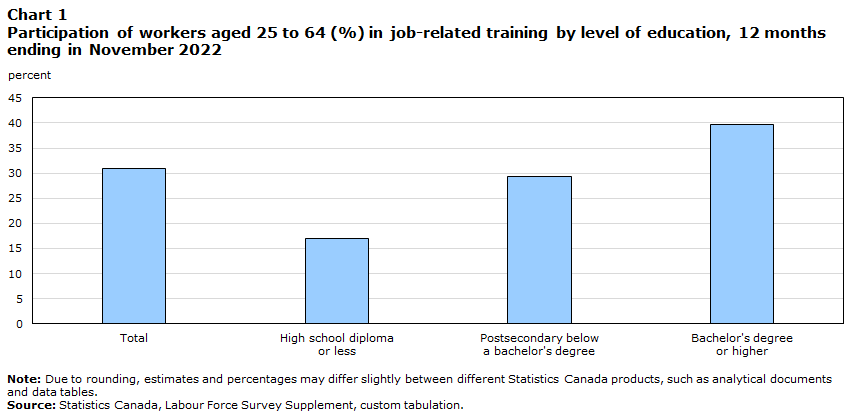The Future of Education: How Distance Learning is Revolutionizing the Classroom
Education has always been a fundamental pillar of society, shaping the minds and skills of future generations. However, with the rapid advancement of technology, the traditional classroom setting is undergoing a significant transformation. Distance learning, also known as online education, has emerged as a powerful tool that is revolutionizing the way we approach education.
The Rise of Distance Learning
Distance learning refers to the process of acquiring knowledge and skills through digital platforms, without the need for physical presence in a traditional classroom. This innovative approach to education is gaining popularity due to its numerous advantages.
One of the key benefits of distance learning is its accessibility. Students can access educational resources and materials from anywhere in the world, as long as they have an internet connection. This eliminates geographical barriers and allows individuals who may not have had access to quality education in the past to pursue their academic goals.
Furthermore, distance learning offers flexible scheduling options. Traditional classrooms often have fixed timetables, making it challenging for students with other commitments, such as work or family responsibilities, to pursue education. With online learning, individuals can customize their study schedules, enabling them to balance their personal and professional lives more effectively.
Another advantage of distance learning is the ability to cater to individual learning styles. In a traditional classroom, teaching methods are often standardized, which may not suit every student’s needs. Online education allows for personalized learning experiences, where students can progress at their own pace and focus on areas they find challenging.
The Impact on Classroom Dynamics
Distance learning is not only transforming the way education is delivered, but it is also revolutionizing the classroom dynamics. With the integration of digital platforms, students and teachers are now connected in a virtual space, creating a collaborative and interactive learning environment.
Online discussion boards and forums enable students to engage in meaningful conversations and share diverse perspectives. This fosters critical thinking and enhances the overall learning experience. Additionally, virtual classrooms often incorporate multimedia elements, such as videos and interactive presentations, which make the learning process more engaging and enjoyable for students.
Moreover, distance learning encourages global connectivity and cultural exchange. Students from different parts of the world can interact and collaborate on projects, broadening their understanding of diverse cultures and perspectives. This prepares them for the increasingly interconnected and globalized world they will enter upon graduation.
Frequently Asked Questions
Q: Is distance learning as effective as traditional classroom learning?
A: Numerous studies have shown that distance learning can be just as effective, if not more, than traditional classroom learning. However, the effectiveness ultimately depends on the quality of the online educational program and the commitment of the learner.
Q: Can distance learning cater to practical or hands-on subjects?
A: Yes, distance learning has evolved to accommodate practical subjects as well. Through the use of virtual laboratories, simulations, and interactive tools, students can gain hands-on experience and practical skills even in a remote learning environment.
Q: Will distance learning replace traditional classrooms?
A: While distance learning offers numerous advantages, it is unlikely to completely replace traditional classrooms. Face-to-face interaction and socialization are important aspects of the learning process that cannot be fully replicated online. However, distance learning will continue to complement and enhance traditional education.
Q: How can employers perceive online degrees?
A: Over the years, the perception of online degrees by employers has significantly improved. Many employers now recognize the value of online education and view it as equivalent to traditional degrees, as long as the institution is accredited and the program is reputable.
For more information on the future of education and the impact of distance learning, you can visit this article or this resource.




